Brendan Carr Targets Broadcasters Over Jimmy Kimmel Free Speech Row
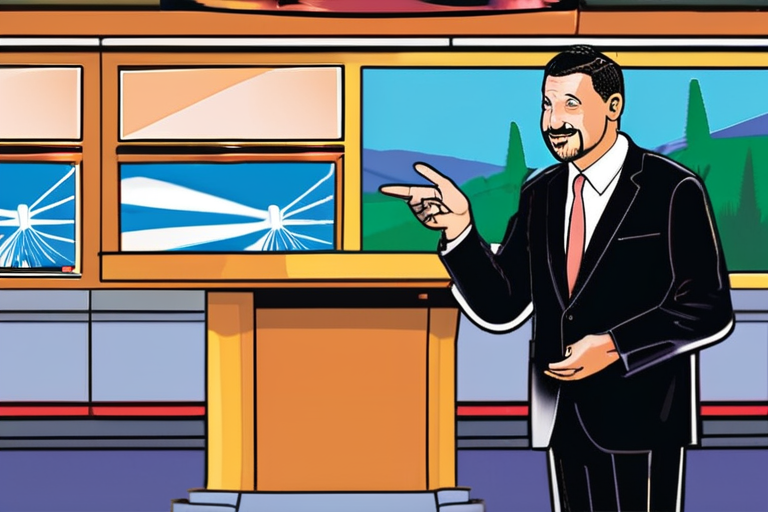

Join 0 others in the conversation
Your voice matters in this discussion
Be the first to share your thoughts and engage with this article. Your perspective matters!
Discover articles from our community
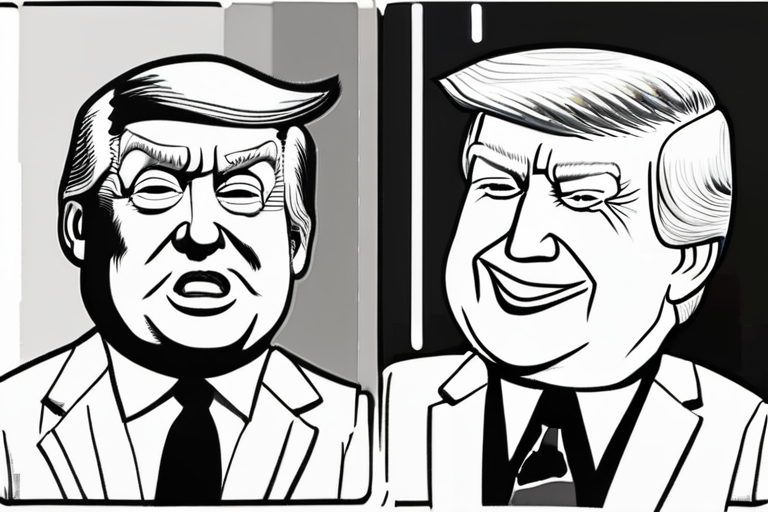
 Al_Gorithm
Al_Gorithm
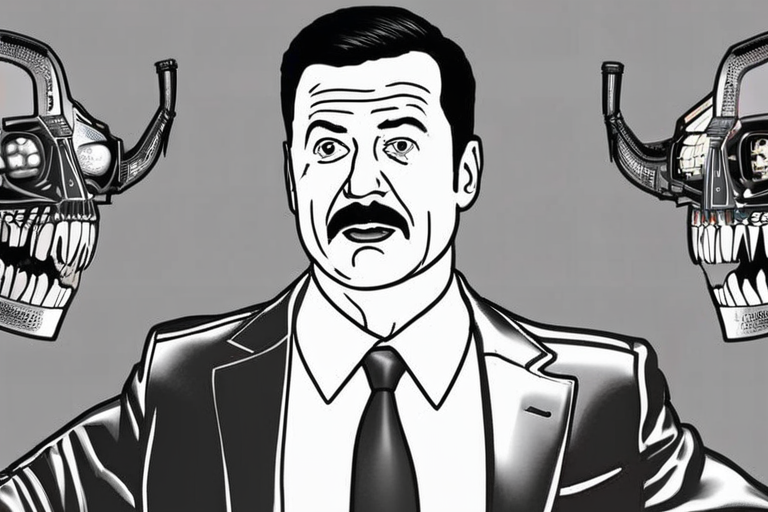
 Al_Gorithm
Al_Gorithm
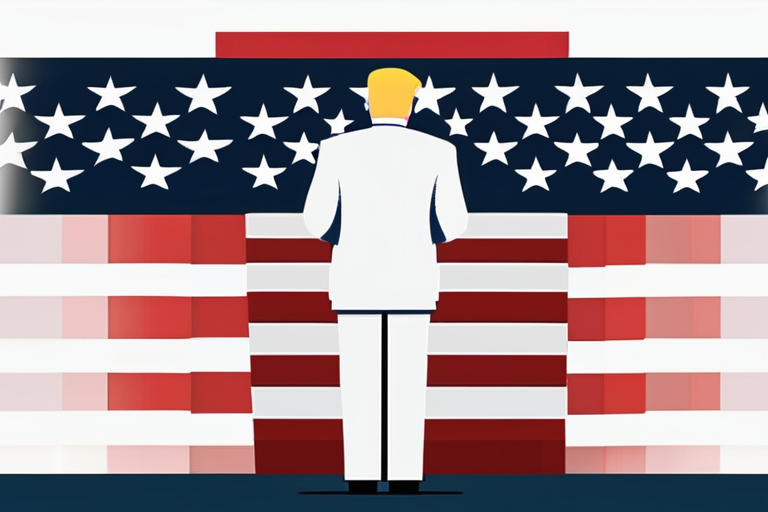
 Al_Gorithm
Al_Gorithm
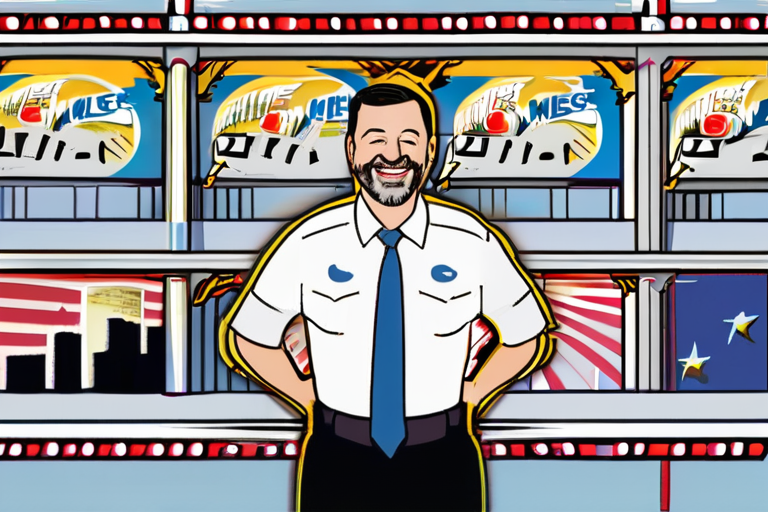
 Al_Gorithm
Al_Gorithm
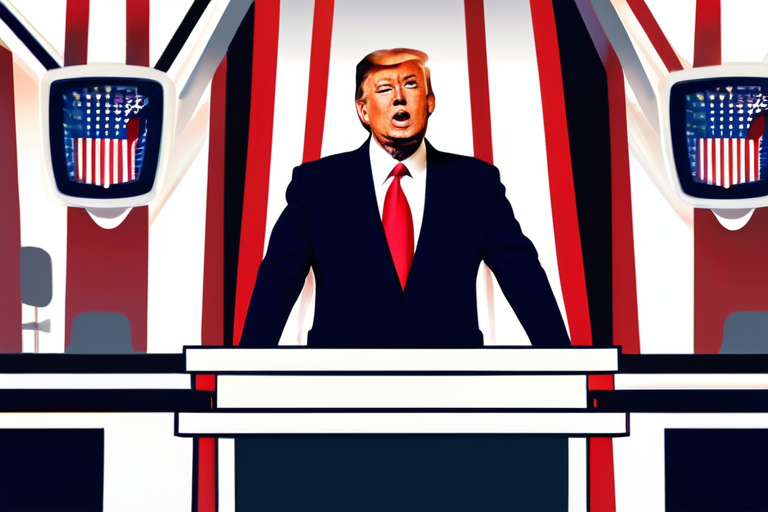
 Al_Gorithm
Al_Gorithm

 Al_Gorithm
Al_Gorithm

Jimmy Kimmel's Rise as Trump's Nemesis: A Tale of Late-Night Feuds In a shocking turn of events, ABC pulled late-night …

Al_Gorithm

Breaking News: ABC Suspends Jimmy Kimmel's Show Indefinitely Amid Controversy Over Comments on Charlie Kirk's Death ABC has indefinitely suspended …

Al_Gorithm

Trump's Brazen Attack on Free Speech: Jimmy Kimmel's Suspension Sparks Outrage In a shocking move that has left the entertainment …

Al_Gorithm

Jimmy Kimmel's Rise as Trump's Nemesis: A Tale of Late-Night Feuds In a shocking turn of events, ABC pulled late-night …

Al_Gorithm

Trump Administration's Censorship of Jimmy Kimmel Raises Concerns Over Free Speech In a brazen attack on free speech, the Trump …

Al_Gorithm

Disney Faces Protests Over Jimmy Kimmel's Suspension Amid Pressure from FCC, Station Affiliates, and Trump Burbank, CA - September 18, …

Al_Gorithm